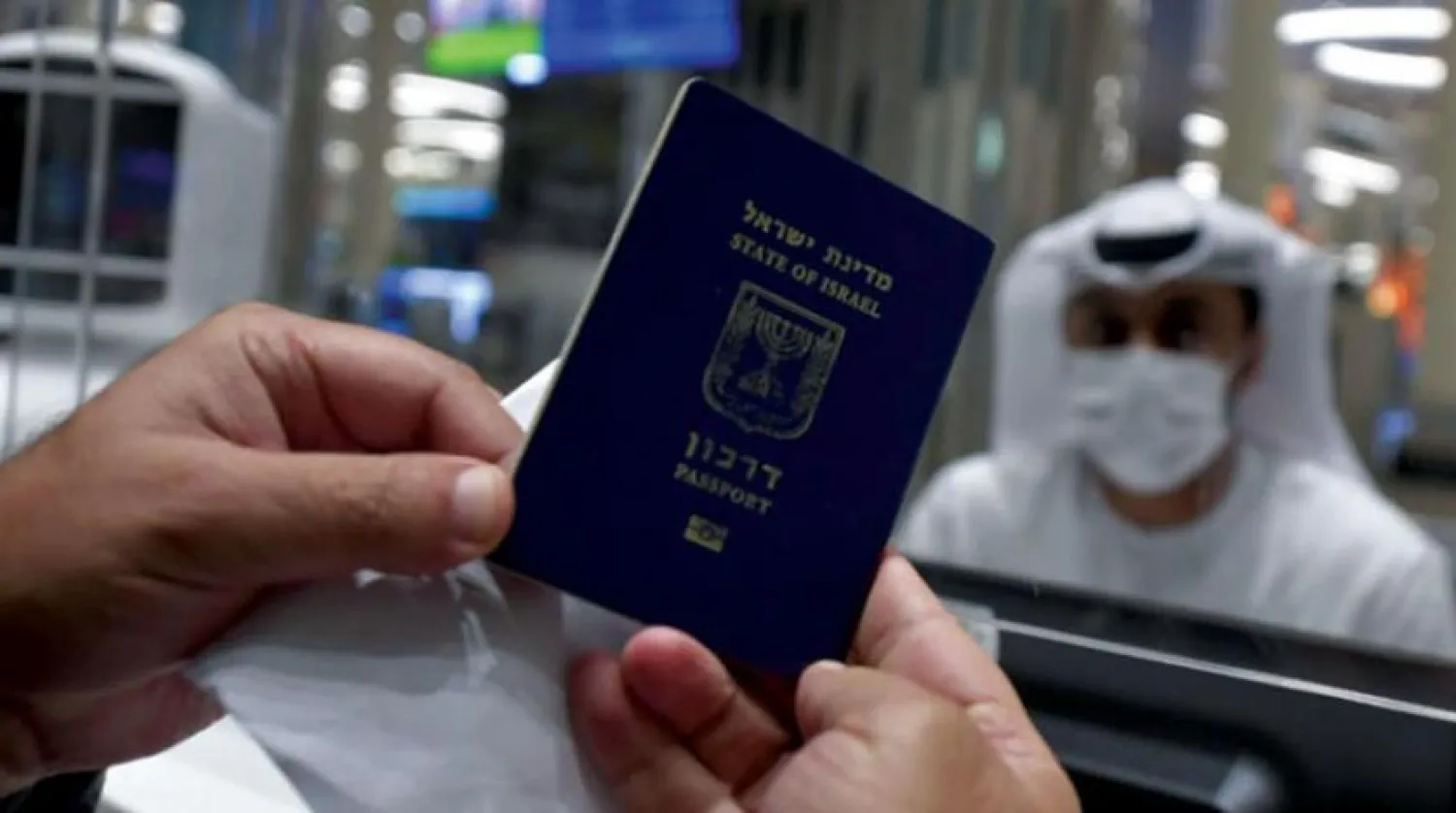Around 130,000 Israeli tourists had visited the UAE since diplomatic relations were established in September's Abraham Accords, said Eitan Naeh, Head of Mission at the newly-opened Israeli Embassy in Abu Dhabi.
He heard from tourism industry sources that nearly 50,000 Israelis a month may visit the UAE during the winter season.
Once the vaccination against COVID-19 is complete in both countries, Naeh expects increased tourist traffic.
He said that existing air and sea links permit goods to transit between the two countries within a few hours and via shipping routes in 16 days.
“I truly believe that the UAE on the eastern part of Arabia and Israel on the western part of Asia – on the Mediterranean – can create a trade corridor through land and sea [to the rest of the world],” Naeh added.
"Business communities in Israel and the UAE are now looking into ways to increase trade. Each country brings its relative advantage. We have trade agreements with the West [US and European Union],
he said, adding that the UAE is an opening to the East.
The envoy pointed out that both countries have an advanced infrastructure.
Israel has identified around 29 potential areas for cooperation with the UAE and bilateral agreements in eight areas have already been signed, he said.
On investment, he said talks were already held with some investment companies from Israel that want to come and invest in the UAE.
Regarding the science and technology sector, setting up joint research and development centers where each country can bring its expertise and advantage, is a potential priority, he stressed.









